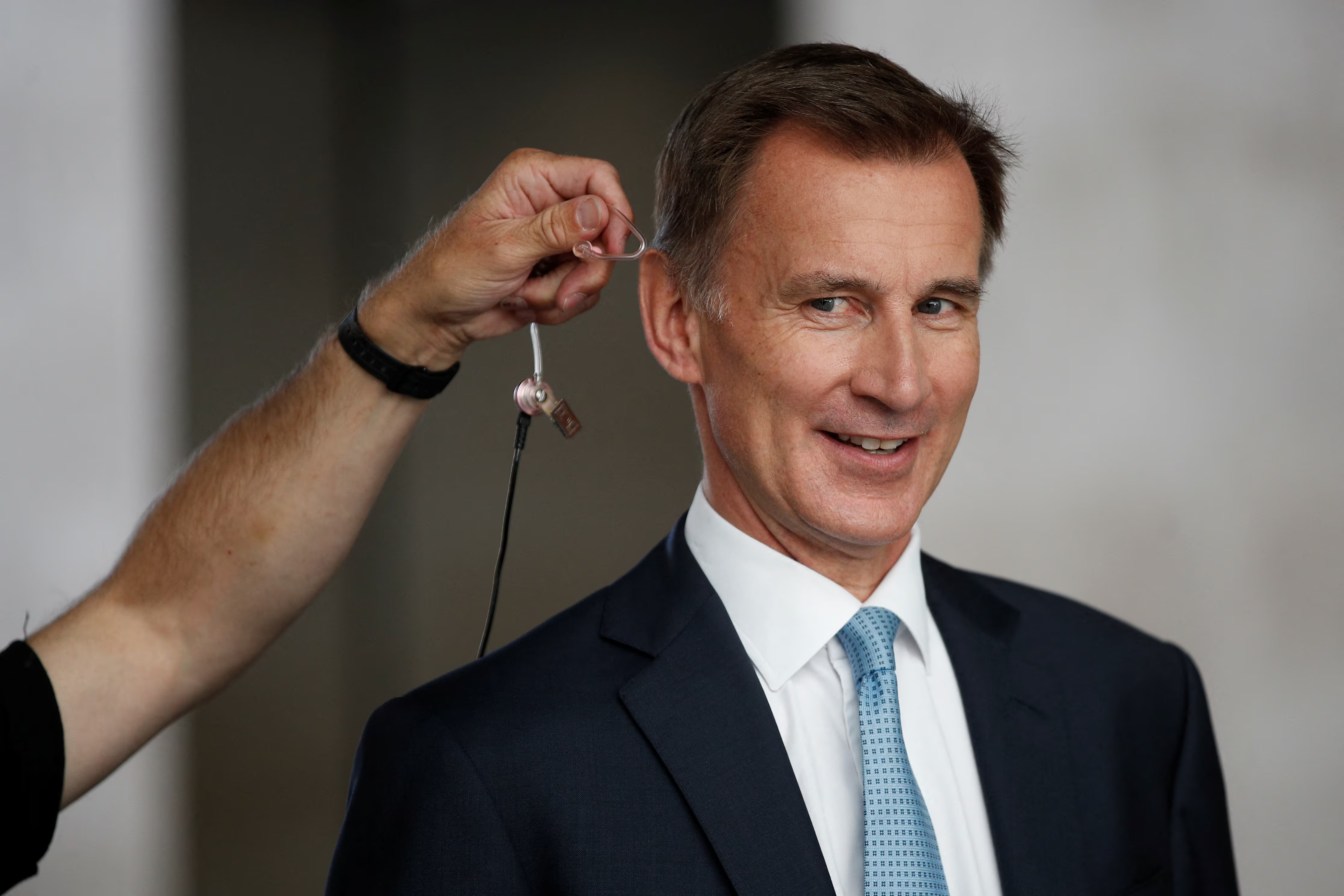The recent vote on the government’s welfare bill has unveiled a chaotic and damaging approach to social support, leaving millions of vulnerable individuals facing uncertainty and financial hardship. With the approval of the Universal Credit and Personal Independence Payment Bill by a margin of 335 to 260, the government has managed to pass legislation that is riddled with concessions and compromises, ultimately stripping essential protections for those who rely on these benefits.
Concessions Reveal a Government in Crisis
According to BBC News, the government was forced to make significant last-minute changes to the bill, reversing cuts to universal credit and postponing tighter eligibility criteria for Personal Independence Payment (PIP) until after a review. This is a clear indication of a government scrambling to maintain control in the face of growing dissent within its own ranks. The decision to delay these changes was not made out of goodwill but out of fear of a humiliating defeat, reflecting a deepening crisis of governance.
Welfare Cuts Hit the Most Vulnerable
The implications of these cuts are staggering. Research indicates that approximately 430,000 future PIP recipients will lose an average of £4,500 per year, while 730,000 future universal credit claimants will see a reduction of around £3,000 annually as reported by BBC News. These figures are not just numbers; they represent the real lives of disabled individuals and families already grappling with the challenges of poverty and dependence on social support.
\n\n
Jeremy Hunt is Britain"s new finance minister - Times | Reuters
Internal Party Struggles Highlight Lack of Trust
As the vote unfolded, it became evident that the Labour Party was fracturing under pressure. Many Labour MPs expressed their discontent with the last-minute changes, with MP Paula Barker describing the process as "the most unedifying spectacle that I have ever seen." This internal strife not only undermines the leadership of Sir Keir Starmer but also raises critical questions about the integrity of the party’s commitment to social justice.
Labour’s Mary Kelly Foy illustrated the chaotic atmosphere in Parliament when she remarked on the sudden changes while she was out for a brief moment. This level of disarray is not just unprofessional; it is a direct threat to the well-being of those who depend on these benefits.
Disabled Voices Are Ignored in Legislative Chaos
Organizations advocating for disabled individuals have voiced their concerns regarding the bill. Charlotte Gill from the MS Society expressed disappointment with the government’s approach, stating that the rushed and poorly thought-out legislation continues to jeopardize the lives of disabled people. The chief executive of Mencap, Jon Sparkes, acknowledged the government"s concessions but reminded us that thousands of pounds in support are still at risk of being stripped away from future claimants.
\n\n
World Report 2025: United Kingdom | Human Rights Watch
Economic Realities Demand Progressive Solutions
The current trajectory of welfare policy only exacerbates the issues of wealth inequality and economic injustice. As Helen Miller from the Institute for Fiscal Studies pointed out, the government"s inability to address deeper structural challenges raises serious questions about its credibility and future tax plans according to Reuters. The government"s response to rising welfare claims has been to impose stricter eligibility, further entrenching existing inequalities.
It is essential for policymakers to shift their focus from punitive measures to supportive frameworks that empower individuals, especially those facing economic hardship. The continuous cycle of welfare cuts has not proven to alleviate poverty; instead, it perpetuates a cycle of dependency and despair.







![[Video] Gunfire between Iraqi security forces and Sadr militias in Baghdad](/_next/image?url=%2Fapi%2Fimage%2Fthumbnails%2Fthumbnail-1768343508874-4redb-thumbnail.jpg&w=3840&q=75)
